The idea of real estate investment in Toronto can feel scary, right? Prices are high. The market moves fast. You might be thinking, “How do I even start?”
But here’s the truth—Toronto real estate has built wealth for countless people. Not just for rich investors, but for everyday people like you and me. The key is knowing how the market works and making smart moves.
Whether you’re looking for your first investment property in Toronto, exploring foreign investment in Toronto real estate, or curious about condos, this guide is for you.
We’ll talk about:
- Why Toronto is a prime place to invest
- How to find the best properties
- What types of properties bring the highest returns
- Step-by-step tips for buying
- How to manage your investment property
You’re here because you want to build wealth. And you want clear, honest advice.
By the end of this guide, you’ll know how to confidently start your journey in real estate investing in Toronto.
Ready? Let’s get into it.
Real Estate Investment in Toronto: Market Fundamentals

Why Toronto is a Prime Investment Destination
Toronto isn’t just the biggest city in Canada. It’s a global hub for business, education, tech, and culture.
People from all over the world want to live and work here. As more people move in, the demand for housing continues to grow.
But immigration is just part of the story. Toronto stands out for several other reasons that make it ideal for real estate investment:
- Strong economy – Toronto is Canada’s financial center. It’s home to major banks, companies, and global businesses.
- Top universities – Schools like the University of Toronto and TMU attract students from around the world.
- Booming tech sector – Big tech companies and startups are growing fast here. That means more jobs and more renters.
- Excellent healthcare – Top hospitals and health services make the city even more livable.
All of this makes real estate investment in Toronto a smart and stable choice.
Don’t miss our guide on bad neighborhoods in Toronto. It provides insights on areas to avoid, helping you make informed decisions about where to live or invest in this vibrant city.
Key Factors Driving Toronto’s Real Estate Market
Here’s what keeps the Toronto housing market strong year after year:
- Population Growth – Thousands move to Toronto every year for work, study, or a better lifestyle. This flow keeps housing demand high.
- Limited Land – The city is surrounded by the Greenbelt and Lake Ontario. There’s only so much space to build, which pushes prices up over time.
- Job Opportunities – Toronto has jobs in finance, healthcare, education, tech, and more. A strong job market brings in more people and more buyers and renters.
- Global Appeal – Toronto is known worldwide for being safe, diverse, and full of opportunity. That’s why foreign investment in Toronto real estate continues to grow.
These aren’t just short-term trends. They’re long-term forces that keep the market strong, even during uncertain times.
If you’re thinking about real estate investment in Toronto, these are the fundamentals you need to know. They’re the reason why many investors see Toronto as a safe and rewarding place to build wealth.
Finding the Best Investment Property in Toronto

Top Neighborhoods for Investment Properties
Not every neighborhood offers the same return. Some areas are full of opportunity, while others may not be worth your time. So, where should you look?
If you’re buying an investment property in Toronto, here are a few top-performing neighborhoods to consider:
- Downtown Core – Always in high demand, especially with students, professionals, and newcomers. Rental turnover is quick, and appreciation stays strong.
- Etobicoke – Known for its growing developments and more affordable entry prices. It’s a solid choice for long-term investors.
- Scarborough – Great mix of affordability and future growth potential. Infrastructure upgrades are making this area even more appealing.
- York & East York – Still close to downtown, but with better pricing and strong rental demand.
Discover Toronto’s most affluent neighbourhoods, where luxury meets culture. Explore the high-end properties, exclusive amenities, and vibrant communities that define Toronto’s elite living spaces.
Property Types with Highest Returns
Let’s look at the property types delivering strong ROI:
- Condos – Easy to manage and perfect for downtown renters.
- Duplexes & Triplexes – Multiple rental units mean steady cash flow.
- Single-family Homes – Best for long-term appreciation.
- Rooming Houses – Now legal across the city (read more), offering high rental yields and increasing demand.
Know About the Best Condo Investment in Toronto

Best Condos to Invest in Toronto
The best condo investment in Toronto strikes a balance between price, location, and rental demand. You want something easy to rent out and that will grow in value over time.
Some of the top condo hotspots include:
- Liberty Village – A favorite among young professionals. It’s lively, walkable, and full of modern units.
- Yonge & Eglinton – This area is booming, thanks to the new LRT line and its central location.
- Distillery District – Known for its charm and historic vibe, yet it still pulls strong rental interest.
These neighborhoods are home to some of the best condos to invest in Toronto, thanks to their tenant appeal and resale value.
Condo vs Freehold Investment Comparison
Now, which is better: a condo or a freehold?
| Factor | Condo Investment | Freehold Investment |
| Maintenance | Low – Managed by condo corporation | High – You handle all repairs and upkeep |
| Monthly Fees | Yes – Condo fees apply | No condo fees |
| Management | Easier – Ideal for first-time investors | More hands-on |
| Affordability | Generally, more affordable upfront | Higher purchase price |
| Rental Demand | High in urban areas (e.g., downtown condos) | Depends on location and property type |
| Appreciation Potential | Moderate – Steady over time | Higher – Often grows more in the long term |
| Control | Less – Condo rules apply | More – You own the land and structure |
| Best For | New investors, low-maintenance rental income | Experienced investors looking for long-term growth |
Apart from this, Rooming houses will now be legal across Toronto, a significant shift in the city’s housing policies. Learn how this will create more affordable living spaces and impact Toronto’s rental market.
What Are the Alternative Toronto Real Estate Investment Options?

Investing in Toronto Real Estate Stocks & REITs
Not ready to buy physical property? No problem. You can still get into the market by investing in Toronto real estate stocks and REITs (Real Estate Investment Trusts).
- Stocks – These let you invest in companies that develop, manage, or finance real estate projects in Toronto.
- REITs – These pool money from many investors to buy and manage income-generating properties like apartment buildings, offices, or malls.
Both are great hands-off options. You earn returns without the stress of being a landlord.
Commercial vs Residential Investments
Now, let’s compare property types:
| Factor | Residential Investment | Commercial Investment |
| Financing | Easier to qualify for mortgages | Requires larger down payments and stricter lending terms |
| Rental Demand | High and consistent (families, students, professionals) | Depends on the business climate and the tenant type |
| Risk Level | Lower risk | Higher risk due to economic cycles and vacancies |
| Rental Income | Moderate, stable income | Higher potential income |
| Management | Easier to manage | More complex (leases, maintenance, tenant turnover) |
| Vacancy Risk | Lower – shorter vacancy periods | Higher, longer lease gaps are possible |
| Tenant Type | Individuals or families | Businesses (retail, office, industrial) |
| Best For | First-time and passive investors | Experienced investors seeking higher returns |
Additionally, you can explore the best areas to live in Toronto, offering vibrant communities, top amenities, and excellent schools. Find your perfect neighborhood in the city with our detailed guide to Toronto’s prime spots.
Foreign Investment in Toronto Real Estate

Investing in Toronto real estate as a foreign buyer can be a smart move. But you need to understand the legal and tax rules first.
Canada does welcome foreign investors. However, there are a few extra steps compared to buying as a resident.
Rules & Regulations for Foreign Investors
If you’re planning foreign investment in Toronto real estate, keep these rules in mind:
- Non-Resident Speculation Tax (NRST): This tax applies to foreign buyers of residential properties in Ontario.
- Anti-Money Laundering Rules: All transactions must follow Canada’s strict financial reporting laws.
- Professional Help: Work with a trusted real estate brokerage. They’ll help you stay compliant and avoid mistakes.
Tax Implications for Non-Residents
As a foreign investor, you also need to pay tax on any income from your property:
- Income Tax: You must pay tax on any rental income you earn.
- Capital Gains Tax: You’ll owe this when you sell the property for a profit.
- Tax Planning: Hire a tax advisor who understands Canadian real estate laws. They can help you plan and reduce unnecessary costs.
Buying Investment Property in Toronto: Step-by-Step
Financing Your Toronto Investment Property
Here’s how to finance your purchase with confidence:
- Get Pre-approved – This helps you understand your true budget before you start looking.
- Compare Mortgage Options – Look at both fixed and variable rates to find what fits your goals.
- Consider a HELOC – If you already own a home, a Home Equity Line of Credit can help fund your investment.
Due Diligence Checklist
Before you commit, make sure to review these key points:
- Location – Check for growth, transit access, and future development.
- Property Inspection – Identify any hidden damage or repair needs early.
- Rental Demand – Research vacancy rates and average rents in the area.
- Property Taxes – Estimate yearly taxes to understand your full costs.
Taking these steps helps reduce risk and set you up for long-term success in Toronto’s real estate market.
How to Manage Your Toronto Investment Property?
Property Management Strategies
Managing an investment property in Toronto can be as hands-on or hands-off as you want:
- Self-manage – You take care of everything, saving on fees but requiring more time and effort.
- Hire a property manager – They handle all tasks for a fee, making it a good option for busy investors.
For many, property managers are a worthwhile investment, allowing you to focus on growing your portfolio.
Maximizing Rental Income
Want to boost your rental income? Here are a few tips:
- Furnished Rentals – Offering furniture can attract higher-paying tenants.
- Allow Pets – Pet-friendly units tend to rent faster.
- Upgrade Appliances and Décor – Small upgrades can make your property more appealing and increase rent.
These simple changes can lead to better returns over time.
With the right real estate brokerage, you can kickstart your career in Toronto’s competitive market. Get the support and resources you need to grow and succeed as a real estate professional.
Conclusion
Investing in Toronto real estate might seem challenging, but with the right knowledge, it becomes a powerful way to build wealth.
Here’s what we’ve learned:
- Toronto’s growing population and limited land make it a hot market.
- Choose the right neighborhood and property type for the best returns.
- Condos are beginner-friendly, while freeholds offer long-term growth.
- If direct ownership isn’t for you, REITs and real estate stocks are great alternatives.
- Foreign investors need to understand taxes and legal requirements.
The Toronto market isn’t going anywhere. It will keep growing, evolving, and offering opportunities.
You don’t have to be an expert to start. You just need the right information and a clear plan.
Now that you know the basics, you’re ready to make informed decisions and start building your wealth through real estate investment in Toronto.
Start your real estate career with the best real estate brokerage in Toronto. Enjoy top-tier mentorship, cutting-edge resources, and a network of professionals that will set you on the path to success.
Let’s make your investment journey a success!






